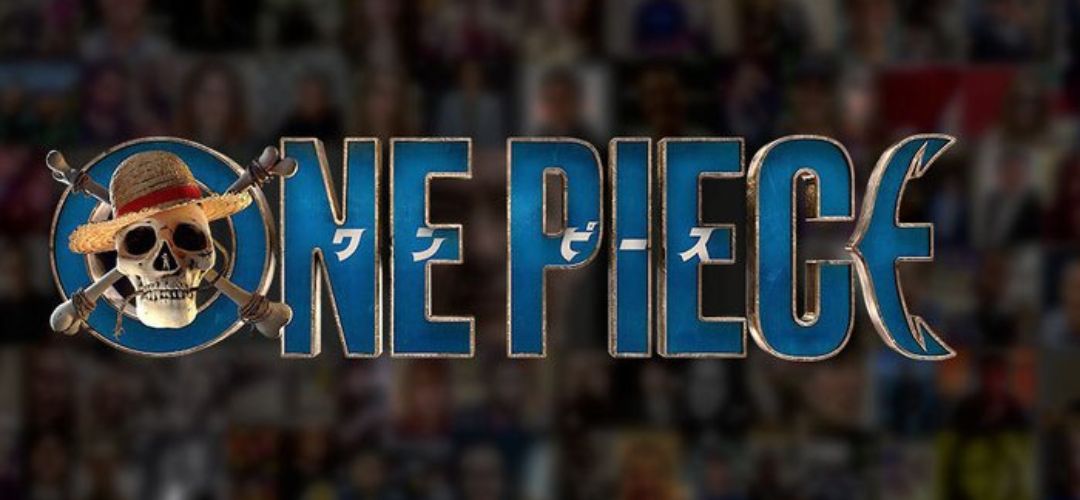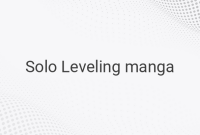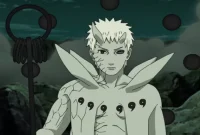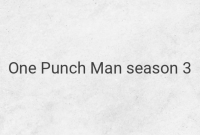Are you a fan of One Piece anime? Did you know that there are real-world issues that Eiichiro Oda, the creator of One Piece, tackles in his storylines? Yes, you heard it right. One Piece is not just for kids, as many adults enjoy the show too. In fact, a lot of real-world issues are addressed within the world of One Piece.
Let’s take a look at 18 real-world issues raised by Eiichiro Oda in One Piece, sourced from Tiktok Yass Anime:
1. Genocide
The term Genocide refers to a specific crime committed against a group of people with the intention to eradicate their existence. In One Piece, Nico Robin experienced genocide when she lost her family during the destruction of Ohara island by the World Government.
2. Pollution
In One Piece, pollution is highlighted in the Wano arc. The people of Wano suffer from a severely polluted environment, causing widespread disease among the inhabitants.
3. Virus
The issue of a virus is brought up in One Piece through the character Queen, who has the ability to spread a contagion that turns people into monsters.
4. Pandemic
Long before the Covid-19 pandemic hit the real world, Eiichiro Oda tackled it in One Piece. Trafalgar Law is a character in One Piece who suffers from the disease Amber Lead. He was the only survivor from his hometown due to this illness.
5. Economic Crisis
In One Piece, an economic crisis occurs in different places, but the most severe one happened in the Wano arc. The greed of its leaders caused economic instability, causing the people of Wano to suffer from food shortages and starvation.
6. Colonization
Similar to the economic crisis, colonization is also happening in different parts of One Piece. One example is the colonization in Nami’s homeland, where the Arlong pirates took control before they were finally defeated by Luffy.
7. Human Trafficking
Human trafficking does not only happen in the real world, but it is also present in One Piece. Boa Hancock is one of the victims of human trafficking in the series, causing her to lose her trust in men.
8. Slavery
Slavery is evident in One Piece, where the Tenryubito has slaves who are treated like animals. This issue is also present in the real world.
9. Human Experimentation
In One Piece, the Sanji family is known for their human experiments, including cloning humans.
10. Oppression
Oppression happens frequently in One Piece. The Yonkou, who have immense power, oppress ordinary people in their territories. Big Mom is an excellent example of such oppression.
11. Racism
Racism is a prevalent issue in the real world and is also presented in One Piece. The discrimination against the Fishmen in One Piece represents the issue of racism in society.
12. Cannibalism
While not explicitly discussed, Yonkou Big Mom accidentally ate her friends when she was a child in One Piece, hinting at the issue of cannibalism.
13. Despotic Leader
One Piece portrays leaders as individuals with a propensity for hedonism and extravagance. The leader of Wano, Kurozumi Orochi, is a classic example of a despotic leader in the real world.
14. Politics
Political issues are prevalent in One Piece and are usually depicted through the character of royal leaders who gather to discuss the fate of their world.
15. Dark Market
The dark market is a prevalent issue in the real world and is also shown in One Piece. Doflamingo, the defeated pirate, was once the game’s leader.
16. Rebellion
The issue of rebellion occurs in the Alabasta arc. Thousands of citizens revolted due to poverty, but it was later revealed that Crocodile was the mastermind behind the rebellion.
17. Hidden History
Nico Robin in One Piece tries to uncover the 800-year history concealed by the World Government. Hidden history is a real-world issue that also happens in Indonesia.
18. Ultimate Power of the World Government
The World Government in One Piece holds absolute power over its people. They can even order the extermination of a specific race or group.
In conclusion, One Piece tackles real-world issues that are highly relevant today, such as economic instability, human trafficking, and racism. By bringing these issues to light, Eiichiro Oda uses his platform to inspire better change and understanding, encouraging viewers to view their world from a broader perspective.




